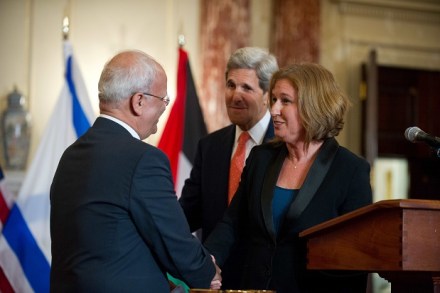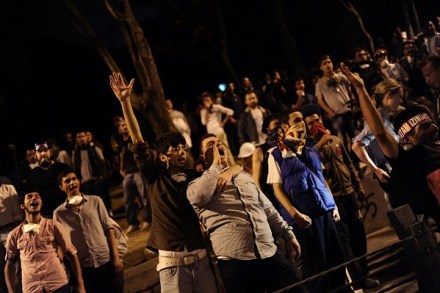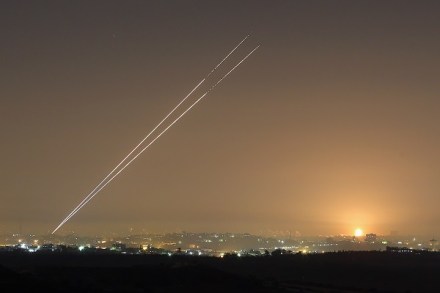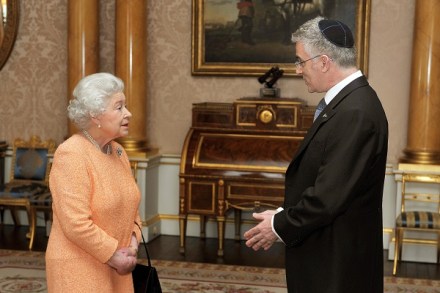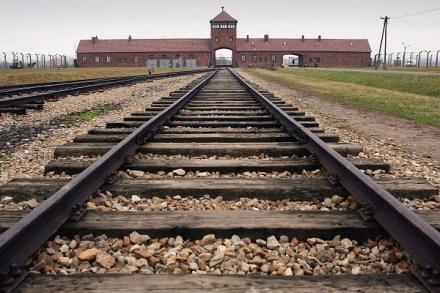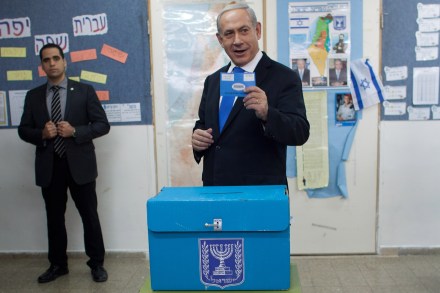Stone the soothsayer
When the history books tell the story of peace in the Middle East, the name of Lord Stone of Blackheath, managing director of Marks & Spencer and a Labour peer, will be up there in lights. For he is a soothsayer with unique insights on the region. At least, that is the impression given by his ‘out of office’ email message: ‘I am in Israel for August back Sept 3rd. I said there’d be talks by then! Peace in 9 months!’ You read it here first.
